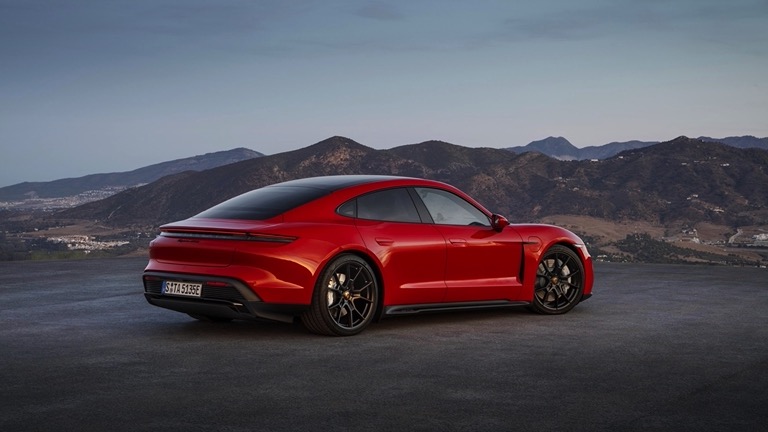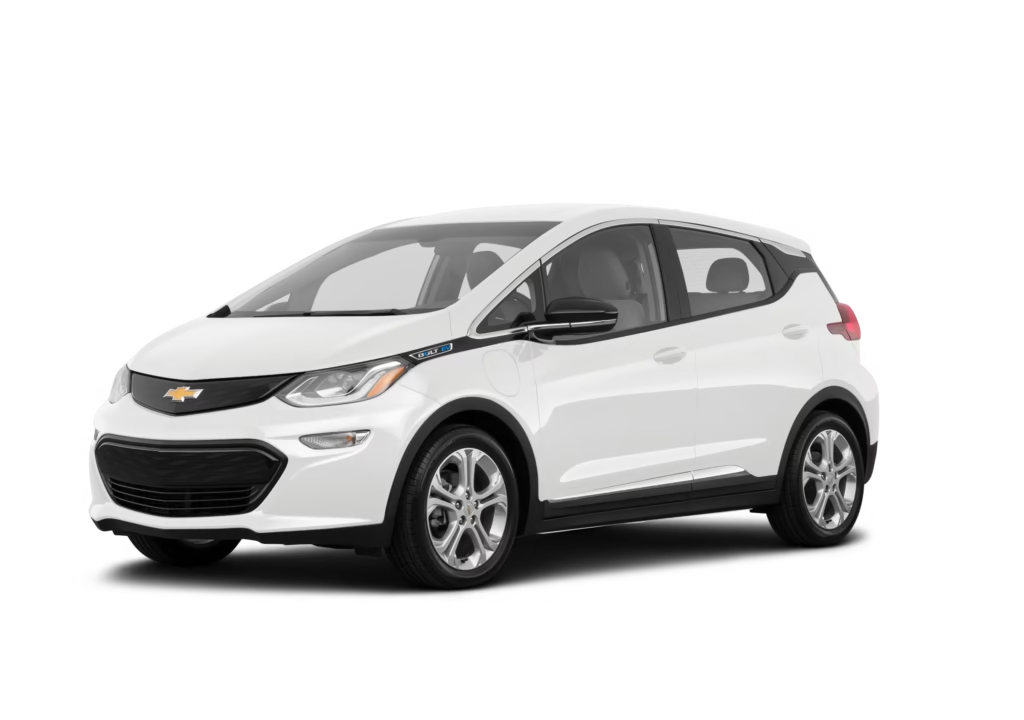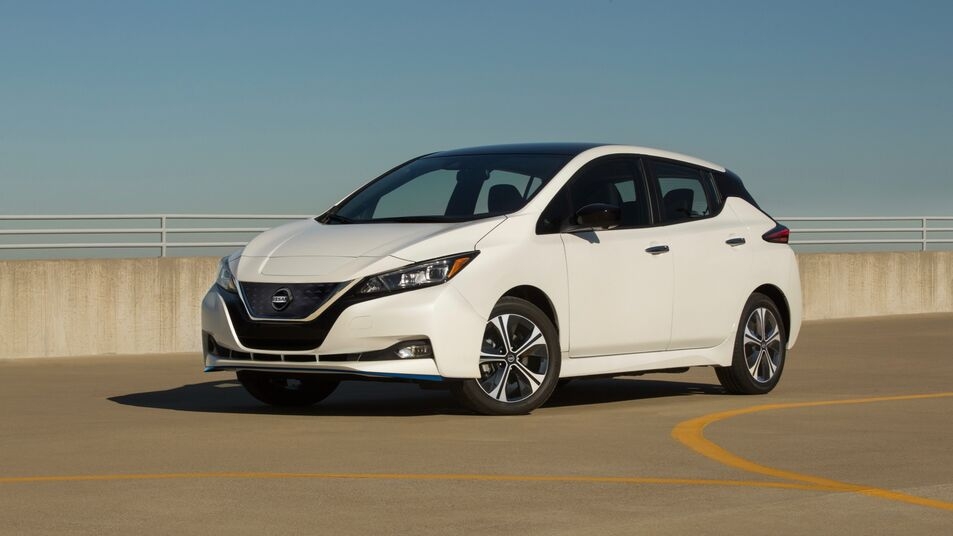Let’s skip the glossy ads and talk about what really matters: reliability. You can have all the range, speed, and touchscreen gimmicks in the world — but if your car won’t start, if the software glitches mid-drive, or if you’re waiting two weeks for parts on a brand-new model, none of it means anything. In 2025, the electric car market is packed with options. But only a few are proving they can actually go the distance without falling apart, throwing errors, or draining their owners with constant trips to the service bay.
And we’re not just talking battery life here — though that’s a huge part of it. We’re talking about the full ownership picture: how often these EVs break down, how long they stay in the shop, how fast parts arrive, how good dealer support really is, and whether the tech in the car actually works without constant updates and resets. You want to know which electric cars are worth trusting — not just for the first 30,000 miles, but into the 60K, 90K, even 150K range. That’s what this blog is built to answer.
We’ve pulled together verified owner reports, independent reliability surveys, and real-world service data to sort through what’s real and what’s marketing. This is a guide to the most dependable EVs you can actually buy in 2025 — new or used — from the perspective of someone who’s not just reading spec sheets but watching what happens after people drive off the lot.
Why EV Reliability Means Something Different
EVs don’t have timing belts. They don’t leak oil. They don’t have radiators or head gaskets or exhaust systems to worry about. But that doesn’t mean they’re bulletproof. In fact, for a lot of first-time EV buyers, the pain points are different — and sometimes more frustrating. You’re not calling the dealer because your spark plugs failed. You’re calling because the infotainment froze, or the car won’t recognize your key, or your charging port randomly locks and won’t release. Reliability with EVs lives in the software, in the sensors, in the way the battery pack is managed, cooled, and charged. And it shows up in ways most drivers never had to think about with a gas car.
What matters in 2025? Stable software that doesn’t need a reboot every week. Battery packs that hold capacity and don’t require a babysitter in cold weather. Motors that don’t whine, clunk, or throw errors at 40,000 miles. And maybe most importantly — dealership support that doesn’t treat EVs like mystery machines. These are the metrics we used to define reliability here, not just how “nice” the drive is.
Tesla Model 3 (2018–2023)
Whether you love or hate the brand, it’s hard to argue with the numbers. The Model 3, especially the Long Range dual motor variant, has quietly become one of the most durable electric cars ever made. We’re seeing examples with 150,000 miles on the original drivetrain, original battery pack, and zero significant failures. The reasons are simple: few moving parts, excellent thermal management, and a software team that (despite some quirks) stays on top of bugs with over-the-air updates.
Yes, early Model 3s had panel gaps. Some had rattles. But mechanically and electrically, they’ve aged with surprising grace. The battery degradation is moderate — usually under 12% at 100K miles — and the motors rarely fail. The biggest reliability complaints now? Cosmetic wear, door handles sticking, and touchscreen resets. All annoying, but none critical. If you want an EV that just works — and keeps working — this is still the one to beat.
Hyundai Kona Electric (2019–2022)
It’s not flashy. It doesn’t have a massive screen or a bleeding-edge design. But the Kona Electric has built a reputation for showing up every day and just doing the job. Owners report extremely low failure rates — no motor issues, no inverter problems, and batteries that still retain 90%+ capacity after five years. In fact, the Kona Electric is one of the few EVs where you almost never hear about unexpected service visits. It’s quiet. Comfortable. And boring in the best possible way.
Hyundai’s thermal management system keeps the battery pack healthy even in extreme weather, and the regenerative braking system is one of the smoothest in the segment. Software updates are less frequent than Tesla, but you also don’t need them as often. Most owners report smooth, issue-free driving from mile 1 to mile 100,000. That’s what real reliability looks like.
Chevrolet Bolt EV and EUV (2020–2023)
Yes, there was a massive battery recall. Yes, GM replaced almost every pack in the fleet. But here’s what happened after: the Bolt became one of the most reliable EVs on the road. With the new LG battery packs installed, most 2021–2023 Bolts are now running on brand-new hardware — and they’ve aged well. The drive units are simple. The software is stable. The car just does what it’s supposed to do, day after day.
Bolts don’t have exotic tech or autonomous driving tricks, and that’s part of the reason they’re so dependable. The touchscreen works. The HVAC stays consistent. The battery doesn’t degrade much. And service is straightforward at any Chevrolet dealer. For the price — and for buyers who just want a plug-and-go experience — this is still one of the best used EVs you can buy in 2025 if reliability is your #1 concern.
Tesla Model Y (2020–2023)
Think of this as the Model 3, but with more space and slightly fewer early-production issues. The Model Y has proven to be every bit as durable as its sedan sibling, with many owners now logging 100,000+ miles and still reporting full range, quick charging, and minimal hiccups. The battery packs are resilient, the motors rarely fail, and the software — while not perfect — is constantly improving.
What makes the Model Y especially strong on reliability is how few complaints there are around long-term ownership. The heat pump system works well in winter. The suspension wears evenly. And the cabin materials, while basic, don’t fall apart after two years like some rivals. It’s not a luxury car. But it is a dependable one.
Hyundai Ioniq 5 (2022–2024)
Newer to the field, but already building a reputation for bulletproof design. The Ioniq 5 is based on Hyundai’s E-GMP platform — and that architecture is solid. From the battery management to the drive unit construction, everything about this car screams longevity. You won’t see many Ioniq 5s at 100K miles yet, but the ones pushing 50K are showing almost zero wear, zero software bugs, and zero early degradation.
Service visits are rare. Owners report consistent charging speeds, quiet drivetrains, and better-than-expected winter behavior. If you want something a little newer that still has the DNA of a long-distance survivor, this is one of the most promising new EVs to hit the reliability radar.
Kia Niro EV (2019–2022)
The Niro EV is another one of those models that doesn’t get much attention — and that’s exactly why it’s become one of the most quietly reliable electric cars on the road. It doesn’t try to be futuristic. It just works. The drivetrain is smooth and predictable. The battery system has proven exceptionally stable, with minimal degradation reported even on earlier models with over 100,000 miles. And Hyundai/Kia’s software, while a bit behind on UX, tends to be rock solid where it counts.
You won’t hear about sudden shutdowns. You won’t get stuck with OTA bugs or strange sensor errors. The Niro’s strength is consistency. It starts. It charges. It drives like new, even after years of use. And because it shares components with the proven Kona Electric, parts are available, service is familiar, and the ownership curve stays smooth long after the first 3-year honeymoon ends.
Porsche Taycan (2020–2023)
This one might surprise some people. Luxury EVs don’t always have the best reliability records, but Porsche built the Taycan differently. Owners pushing 60K–100K miles report almost zero drivetrain problems, solid battery health, and service visits that are mostly for wear items — not mysterious electronics or system failures. The Taycan is engineered like a Porsche, which means durability is part of the design.
The battery pack uses an advanced thermal management system that keeps degradation low, even under hard driving. And the car itself is built to handle repeated full-power launches without blinking. It’s not cheap to repair if something does go wrong, but it rarely does. If you’re shopping a used luxury EV in 2025 and reliability is a concern, the Taycan deserves a serious look — especially the 4S and GTS trims.
Rivian R1T (2022–2024)
Here’s the rugged option. The R1T hasn’t been around long, but early owners are pushing these trucks hard — and they’re holding up better than expected. Off-road use. Long tows. Harsh winters. The quad-motor setup has proven surprisingly durable. The battery management system is advanced. And while the software had some early teething issues, Rivian has rolled out fixes fast.
Most importantly, service support is improving. Mobile techs and regional hubs are expanding. And unlike some startup EVs, Rivians aren’t leaving owners stranded with parts delays or mystery faults. The trucks are built like overlanders — and that shows in the way they’re aging. If you’re looking for an adventure EV that doesn’t flinch when pushed, the R1T is one of the strongest new contenders on the reliability front.
What We Think
Electric car reliability used to be a gamble. You hoped the battery would hold up. You hoped the screen wouldn’t freeze. You hoped the software wouldn’t glitch out when you needed it most. In 2025, we don’t have to guess anymore. We have data. Real-world owners. High-mileage survivors. And we know exactly which EVs are delivering the kind of confidence people used to get from a Camry or an Accord.
If you want something you can count on, it’s hard to go wrong with the Model 3, the Kona Electric, or the Bolt. They’re proven, affordable, and backed by service networks that know how to handle them. The Ioniq 5 and Model Y are newer but clearly built with long-term thinking. The Taycan and Rivian show that even premium EVs can be built tough — if the engineering is done right.
Here’s what matters most: reliability doesn’t mean boring. It means your car shows up every day ready to drive. No warning lights. No mystery faults. No excuses. That’s what these EVs do — and that’s why they’re worth your time and money.
For more deep dives, smart buying guides, and EV content grounded in the real world, stick with BidForAutos.com — where the hype stops and the truth starts.








